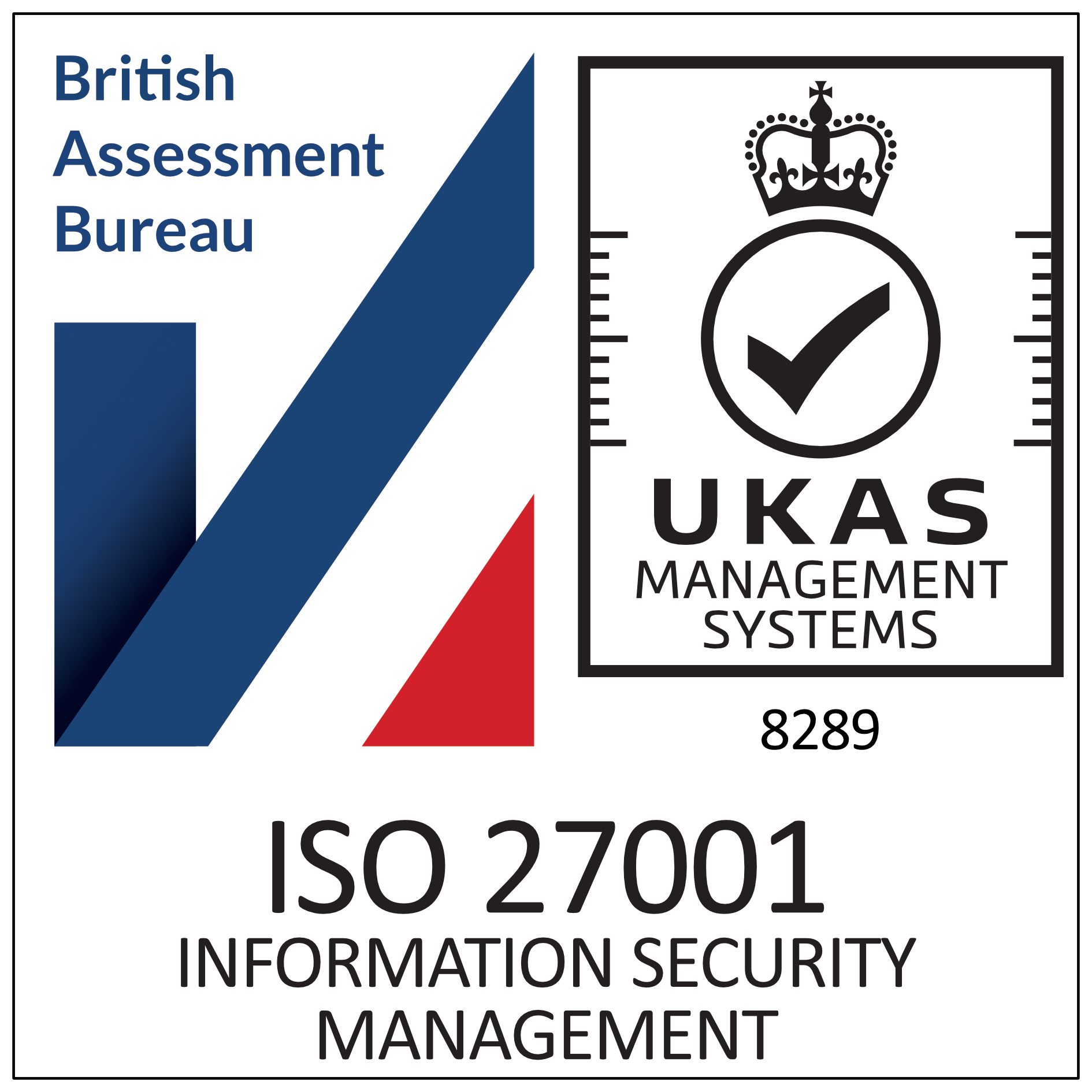ESR Replacement – a £1.7 billion accident waiting to happen
ESR Replacement – a £1.7 billion accident waiting to happen

Things don’t always go as planned. That’s why they invented insurance.
In last week’s blog I talked about the Goldilocks Principle in big health IT software development programs. Some programs are just too big to succeed, like Lorenzo.
In my time as national clinical lead for mental health we were supposed to be waiting for Lorenzo but as it looked like it might be a while, we cast around for much cheaper “interim systems” for mental health trusts to deploy at a fraction of the cost of Lorenzo. One of those systems has now been adopted by over half of the NHS s mental health trusts and Lorenzo has shuffled of this mortal coil.. Consequently mental health in the UK is probably the most digitalised branch of medicine and paper records largely a thing of the past. Effectively these interim unglamorous homegrown solutions were the National Programme for IT’s insurance policy against the failure of the major programmes to deliver and NHS Mental Health has ended up with solutions which do at least work. In the Twitter conversation that followed last week’s blog a number of writers raise the fact that the NHS, when it goes wrong, often goes massively wrong at great expense by awarding a massive contract to a very well-known supplier who may well have little actual understanding of the day-to-day work of the NHS. We put all our eggs in a huge familiar basket which has failed us before but ticks all the size and duration boxes of the procurement process while effectively excluding any innovative SMEs who might produce actual progress. Myself and others wondered what might be done to mitigate the risk of these massive contract awards.Tony Shannon, another former NPfIT clinical lead, came up with the idea of a 1% proposal some years ago. His idea was to allocate 1% of the health IT budget to a given area or geography and ask them to take an open source approach to the development of an EPR. This sensible idea sadly never got funded and massive contracts have been awarded which have delivered a user experience which can only be described as suboptimal and a marketplace which is increasingly moribund. 30 years ago there were 30 GP EPR providers now there are only two.
Now, I see, watching nervously from behind the sofa, that the NHS is about to award a massive £1.7 billion contract to replace The NHS Electronic Staff Record. That’s over £1450 per member of staff! An absolutely massive amount of money to put into a single basket and we all know the history of NHS IT non-Goldilocks-sized projects. What could possibly go wrong?
Now I suspect that it is too late to stop the behemoth at this point but I think it’s time we revisited the idea of insuring against the failure of these huge, high risk projects by investing a percentage of the budget in another way of doing things
So the insurance policy. Currently there are a healthy number of SMEs , like SARD JV, producing systems for the back office functions of healthcare. There are 42 ICSs. Let 40 of them take ESR 2. Let’s pick two ICSs to stand outside of the massive ESR replacement Project and see what they could do given some freedom, 2/42nds of the budget and a coalition of interoperability-as-standard SME’s. Interested in joining a cultivational, modular approach to staff side IT systems and pitching the idea to the new government drop me a line, joe.mcdonald@sardjv.co.uk let’s see if we can get an audience with Therese Coffey before she makes a very expensive but avoidable mistake.
You wouldn’t drive your car uninsured why drive your billion-dollar IT project without insurance.
Recent Articles

Registered address
SARD JV Limited
Unit 76, Innovation Centre
University Road, Canterbury
CT2 7FG
A joint venture with Oxleas NHS Foundation Trust.
Registered in England and Wales with company number 07916735. VAT No. 131901840
Designed and built By Tweak Marketing
Privacy Policy





